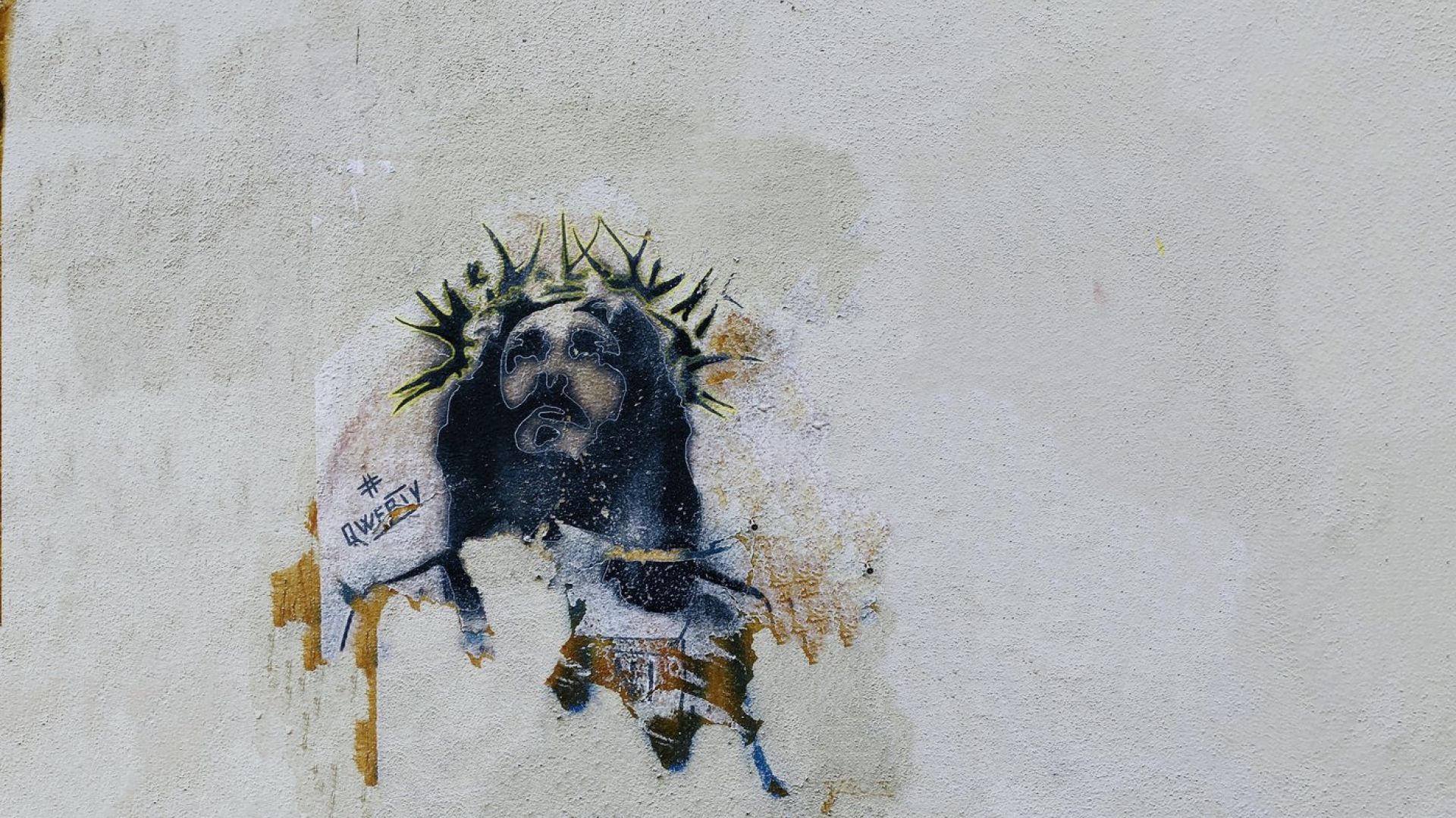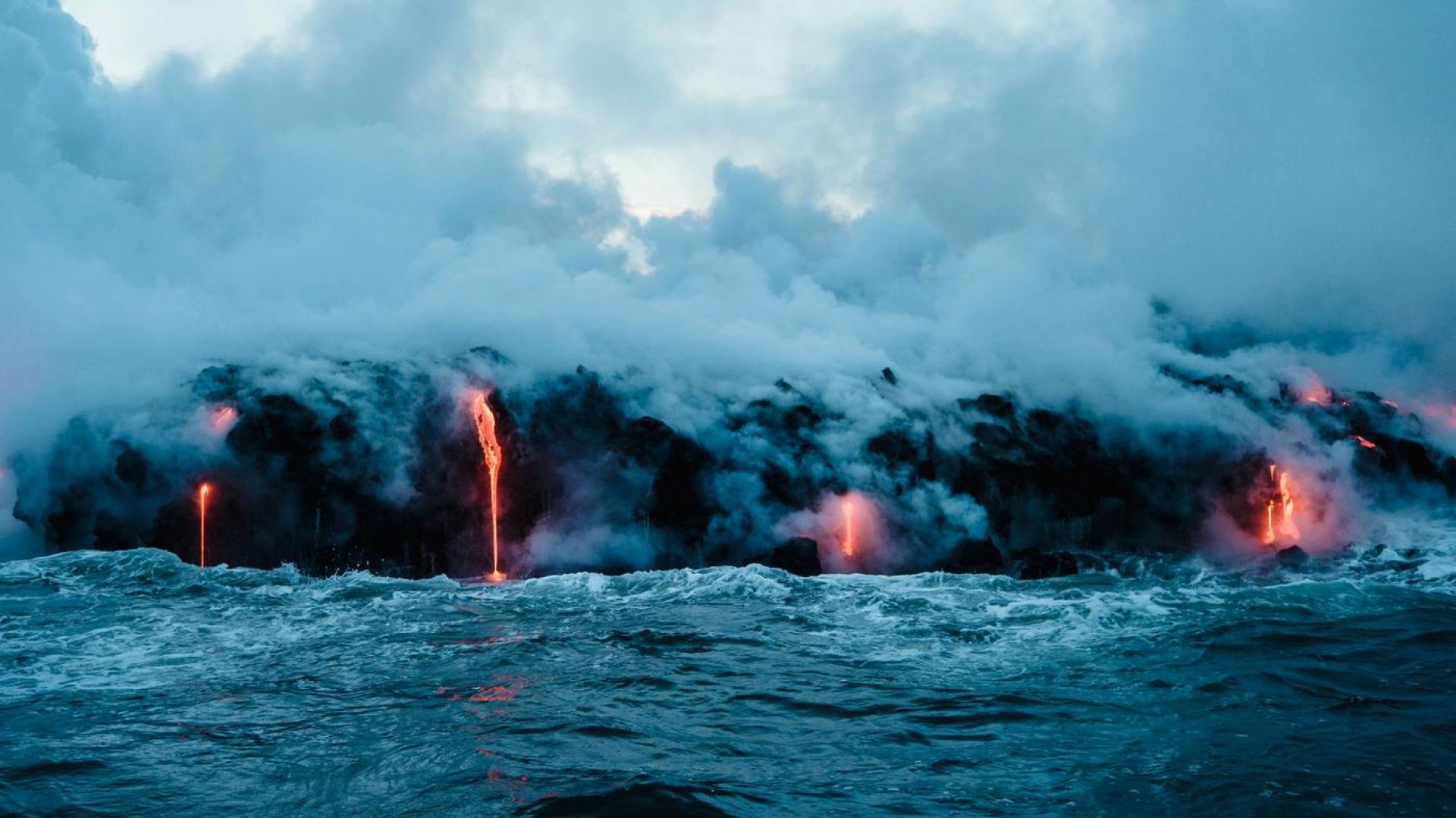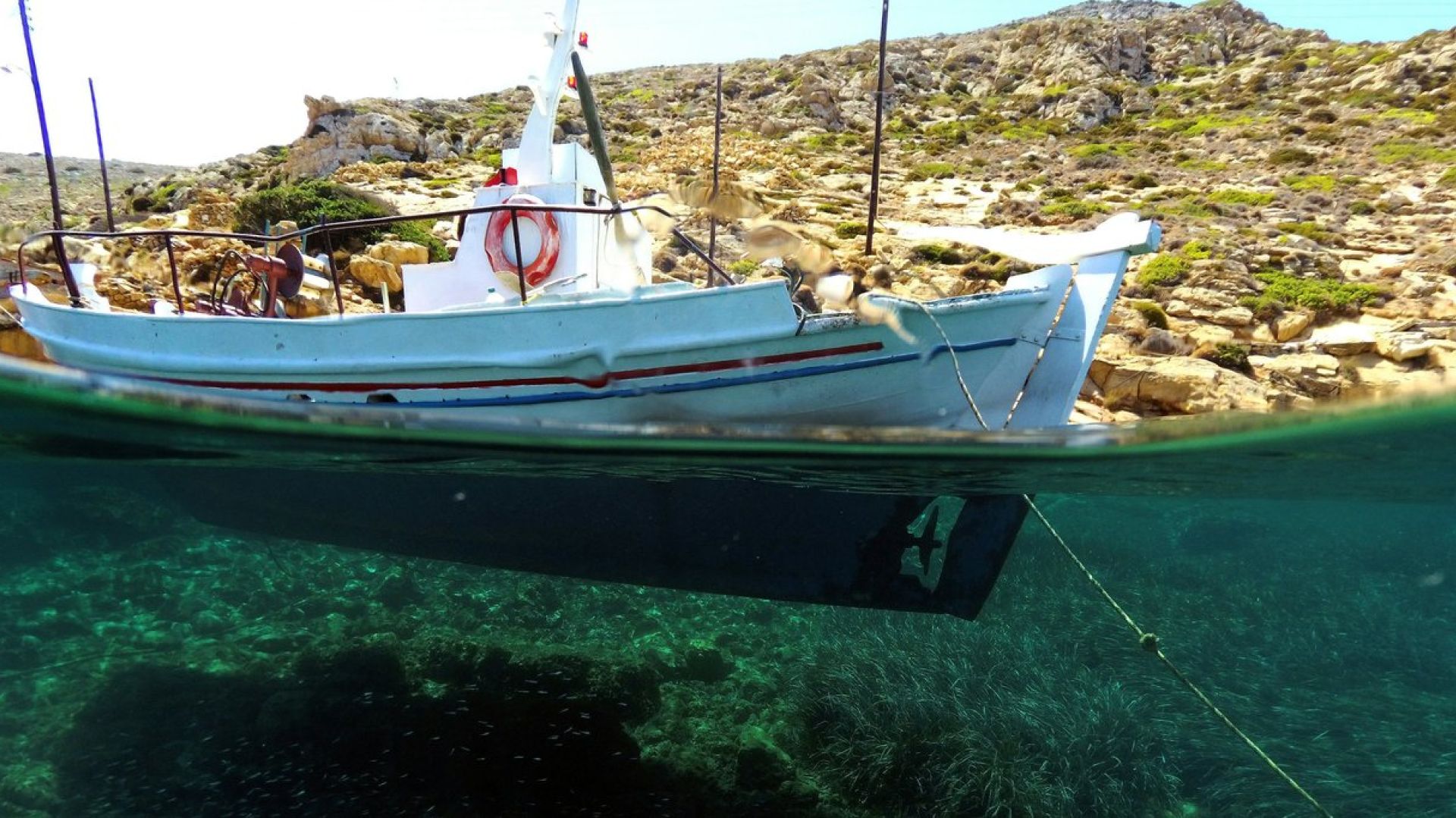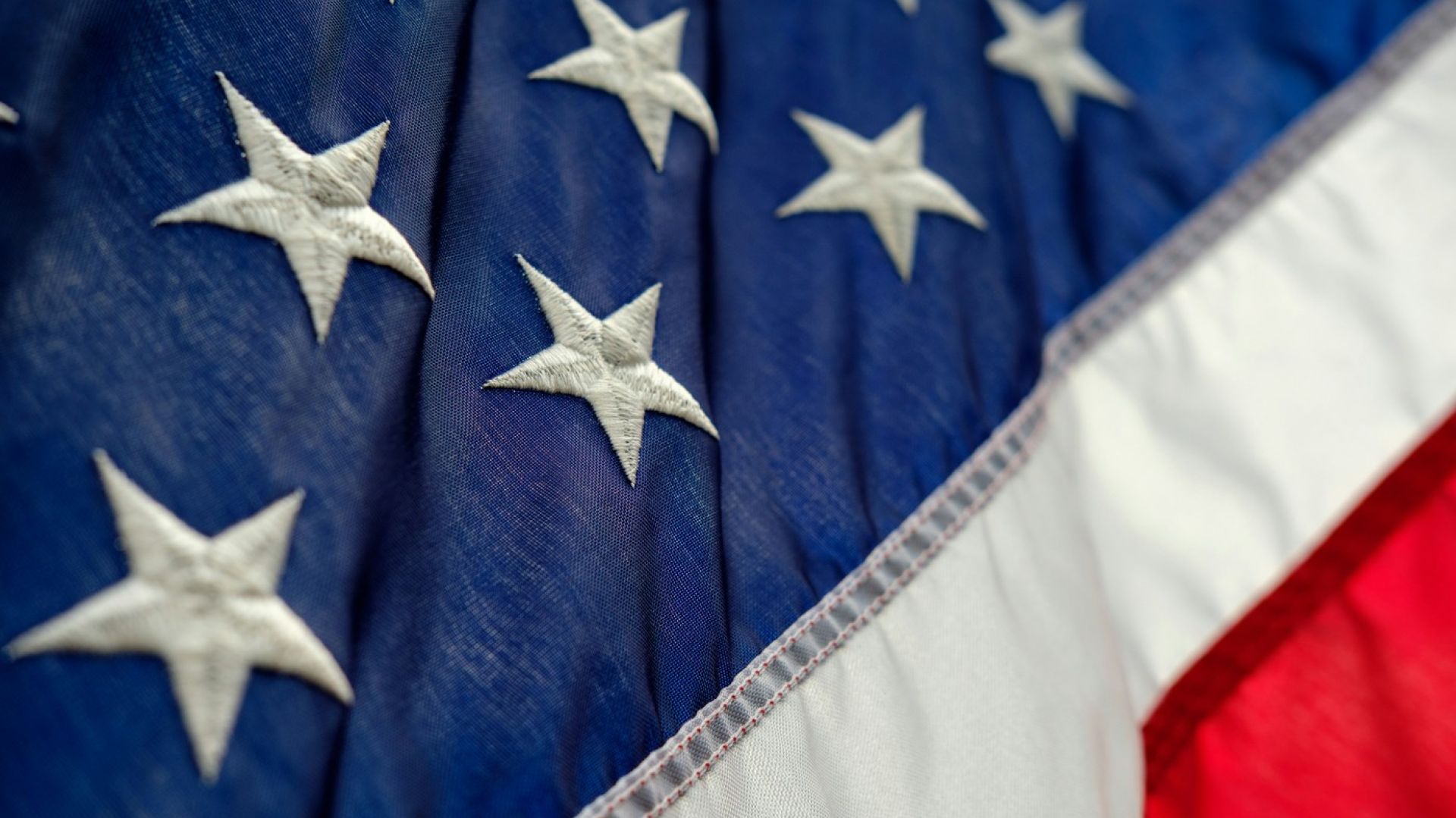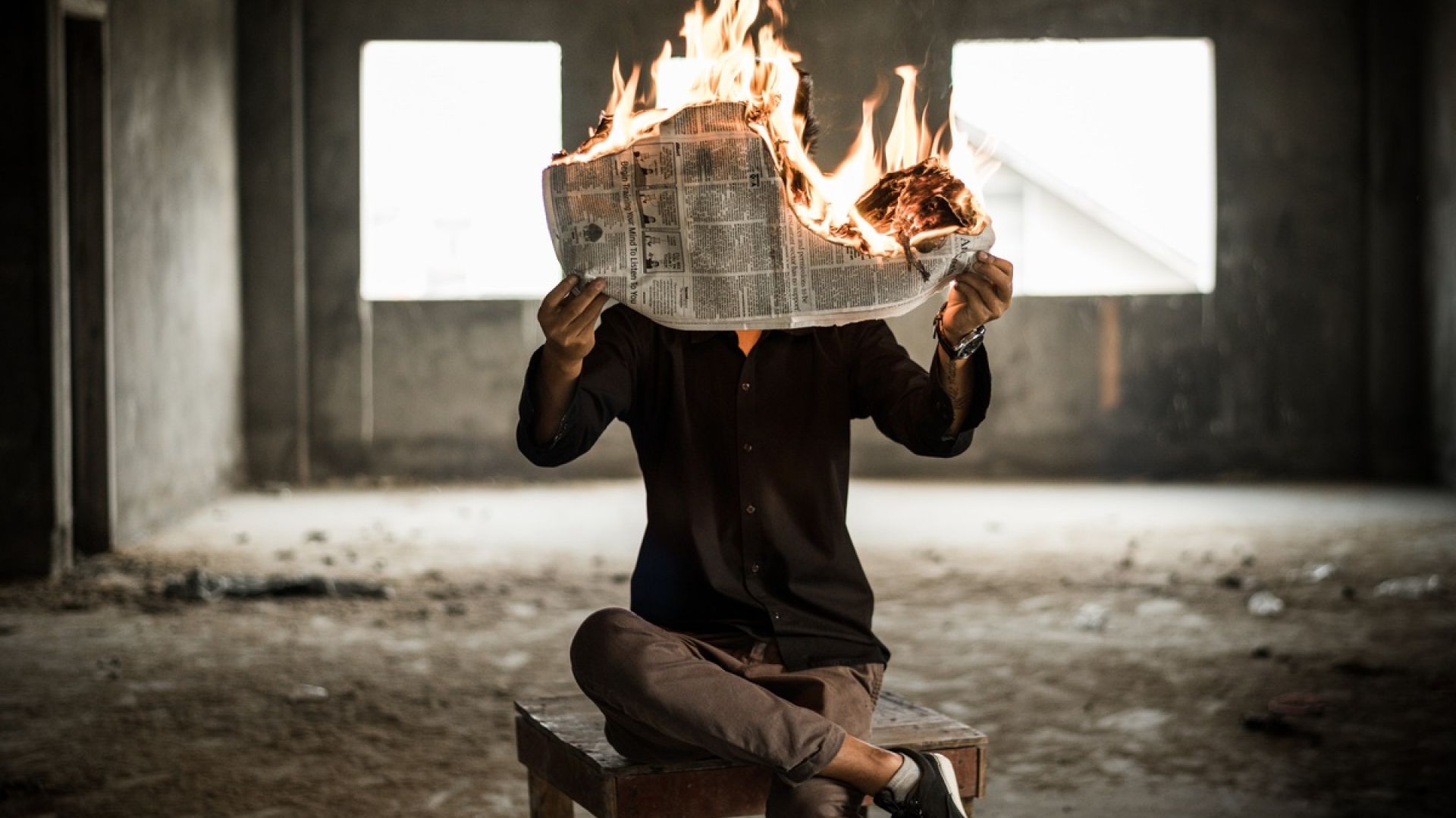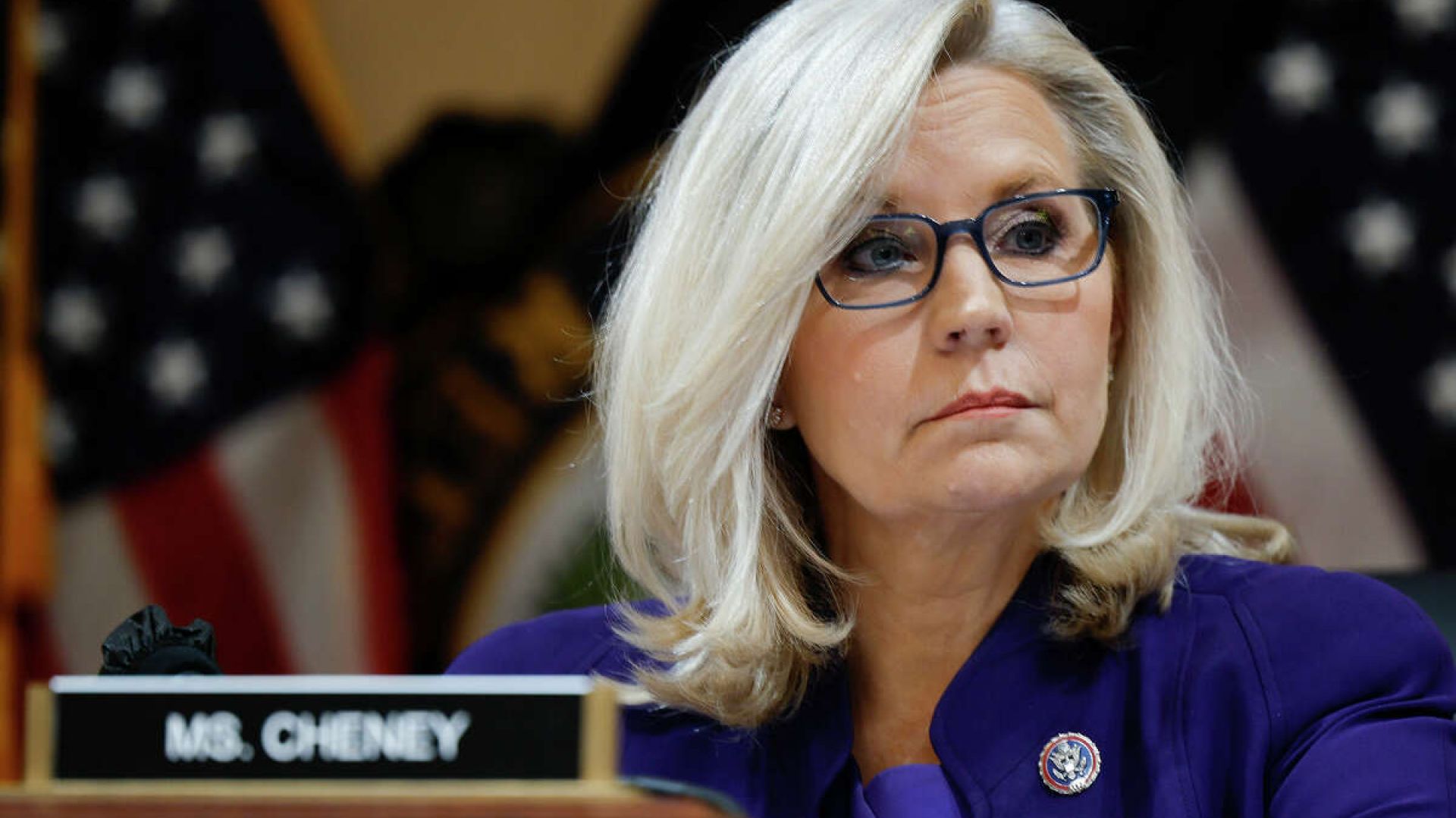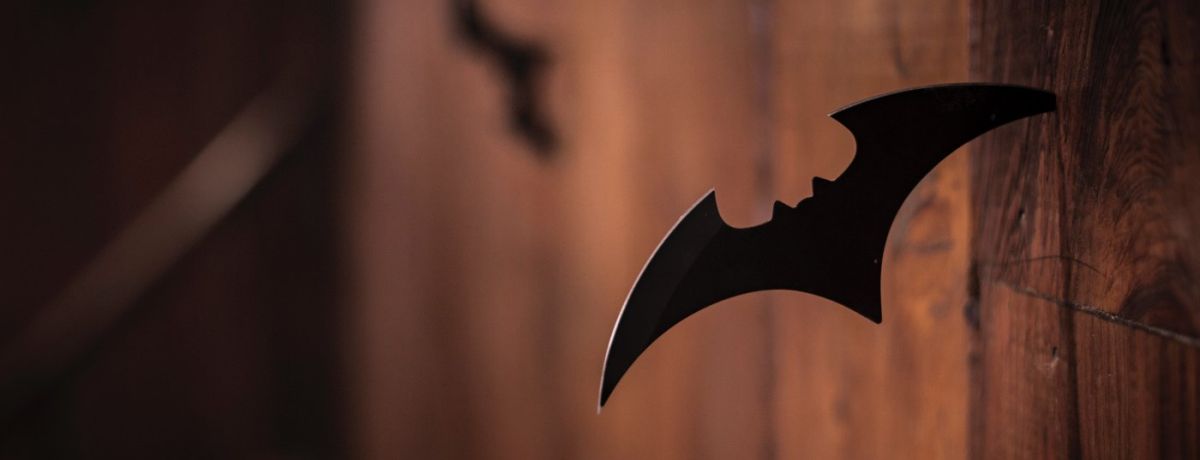
America’s Identity Crisis Has Reached A Boiling Point— Will Our Dark Knights Rise or Fall?
A global health crisis was the catalyst for an economic crisis that has illuminated a neglected American social crisis. All of which are part of a dramatic paradigm shift that will change the life of the future for Americans and humans worldwide.
Those that have neglected either side of these issues (hint, it's all of us in some form during some season in some way) have likely contributed to (or allowed) the corruption of both the individual and societal layers (as well as the complex web of everything in between). Simply put, we and our ancestors have created this current societal soup and it’s our responsibility to make it better going forward.
Writing about it is the process to help me make sense of what's happening so I can effectively think, navigate, and lead within our shifting world. By sharing this article, I hope it will educate and inspire us towards better understanding the problem and properly dealing with it.

Is Our Hero Actually The Villain?
"Criticism serves to make you harsh, vindictive, and cruel, and leaves you with the soothing and flattering idea that you are somehow superior to others... You must constantly beware of anything that causes you to think of yourself as a superior person." - Oswald Chambers, Beware of Criticizing Others
In Christopher Nolan’s Dark Knight movie trilogy, we traverse the origin, fall, and rise of our American orphaned hero, the great Batman. He has no inherent superpowers but his wealth and ingenuity allow him to solve problems and fight villains throughout his hometown.
In Batman begins, we track with a wavering and purposeless Bruce Wayne as he spirals downward from his prosperity, now seeking identity and purpose.
In the second film, the Dark Knight, Bruce, has a purpose, but he justifies doing morally wrong actions because of the greater good. The Joker partially succeeds in his mission and the corrupted Batman becomes and does what the villain of the first movie (Ra's al Ghul) sets out to do (although to a lesser degree). If you’re not paying attention to the entire arc of the trilogy, you might assume that the second movie is endorsing the sentiment that the ends justify the means, no matter how dehumanizing the means.
But, the consequences of Batman's decisions (lying to the public about Harvey Dent and his demise) come back for payment in the final film. Not only is that lie's debt now due, but the corruption of Bruce Wayne (narratively represented in his decaying health and his love interest — the daughter of Raj Al Ghul who infiltrates and betrays Mr. Wayne) must now be dealt with or his fate and the fate of Gotham city will all end in destruction.
Batman has fought and courted evil in his self-righteous fight to distinguish the evil that he's forced to deal with in himself. Perhaps he’s not as superior to his enemy as he thought. And perhaps the same is true for those of us who look down upon others.
The Problem Inside Us All
"Ideology – that is what gives evildoing its long-sought justification and gives the evildoer the necessary steadfastness and determination. That is the social theory which helps to make his acts seem good instead of bad in his own and others' eyes...." - Aleksandr Solzhenitsyn, The Gulag Archipelago
Before solving the problem, we must be in agreement as to what is THE ROOT PROBLEM. Otherwise, we risk implementing superficial solutions that make us feel better for acting but don't actually lead to the fruitful change most of us desire, and that impact people directly.
Because we’re dealing with multiple layers of problems intertwined in a swath of complexity, our best step is to go to the most bottom layer possible to get a handle on it. From there, we can work our way up to the layers that follow. It will require a courageous willingness to look at the problem and the contributor in our mirror.
The Beautiful Monster In The Mirror
Bruce Wayne is not unlike us wealthy Americans (even the poor among us are the top 1% wealth of the world). We’ve inherited a lot of resources and it’s allowed us to prosper and create like no other place in the world.
If you accept (or at least appreciate the framing of) the Hebrew origin story of humanity, humans were created in a prosperous context. We inherited great wealth in our being and the surrounding context. Creation was good until humans made it not good. The cycle of destruction and redemption has unfolded from this moment to today and includes our own country’s history. And our ego would lead us to think that we would have easily succeeded were those that came before us, failed (instead of appreciating how their stepping stones allow us to make a better future).
Our country's past is checkered with phenomenal achievements of all types but also dark uncomfortable truths we'd rather ignore or skip past. While there are moments and seasons where it's appropriate to focus in on either of these perspectives, obsessing over either with a dismissal of the contrasting point of view is destructive (and we often dismiss each other when trying to get another to see the side that we see — hint, listening is vital).
But if you think the only thing that defines the West are it’s flaws, you will be blind to its good. You will literally be unable to perceive it.
— Chloé S. Valdary 📚 (@cvaldary) June 14, 2020
This is not a good thing. It means you will fail at implementing Alex Haley’s sound advice:
“Find the good and praise it.”
When traversing through my personal journey of general reflection with my parents, grandparents, and extended family, the truth was painful at times, and at times, that pain was my sole focus (my family's pitfalls were a mirror into my own). But, in the midst of my family's failures, there was a tremendous amount of positive ways they impacted me as well (in ways that often far exceeded the pitfalls). It was critical for me to see the whole picture of both the good as well as the gaps.
To get to this full picture takes time. Within reason, we’ll want to allow people to traverse through the stages of reflection as opposed to forcing them to the end-stage (of seeing the complete picture) prematurely.
While America has a great history of liberating people (in and outside of our country), we also have a history of taking and exploiting various people groups along the way (slave labor, outsourced Chinese production, and low wage illegal immigrant workers to name a few examples) to get what we want. We have a past littered with decisions and actions that are coming back for payment (but be warned about thinking you’re superior to them).
This cancerous vein (that comes back every generation for every individual to face) has also allowed us all to participate and perpetuate the exploitation and oppression of other people (sometimes explicit and direct while other times it's subtle and indirect). And as this tangled web unravels, evil (within and around us) runs rampant in the chaos — further trapping us into a cycle of self-destruction.
A Breaking or Transformation Point?
"Disillusionment means having no more misconceptions, false impressions, and false judgments in life; it means being free from these deceptions....But the disillusionment that comes from God brings us to the point where we see people as they really are, yet without any cynicism or any stinging and bitter criticism... According to our thinking, everything is either delightful and good, or it is evil, malicious, and cowardly... Refusing to be disillusioned is the cause of much of the suffering of human life." - Oswald Chambers, The Teaching of Disillusionment
America is facing an identity crisis. Now is the moment where we decide who we’ll be individually and as a country going forward.
Our lengthy, winding, and complex history allows us to see what we want, or ignore what we don't like. Our personal American experience also shapes which of the simple stories we embrace and cloud our judgment from seeing the larger messy story that is our country.
We can no longer delegate our responsibility for truth-seeking and sharing. This pursuit of truth will help us to discover the discrepancies between what we've been told and what is true. Our task is then to reconcile the inconsistencies into a more coherent understanding of the world and ourselves.
To mature in a productive and fruitful way, it will require facing the monster in our individual and collective mirrors (from the past, in the present, and in anticipation of the ones to come) — we can’t simply point our finger at past generations or other people and say we’re not as bad as them. We all have to take responsibility whether we're directly responsible or not (Jesus took responsibility for our sin when he was sinless). It also must include the embrace of the moments, seasons, and eras where we as a country have courageously done this before.
Embracing the fear of my own corruption and God's redemption (despite my depravity) is the fuel that empowered me to embrace my brokenness without the associated shame.
This ongoing and lengthy pandemic will force us to endure the continuation of skeletons in our closet being surfaced (those that have already been getting surfaced over the recent past and others that will continue into the future). It will shake us to our core, but there lies our opportunity to embrace and change for the better — a better future for our children today and tomorrow.
In the Dark Knight Rises, Bruce finally faces his fear and makes the leap of faith. Will you do the same?
